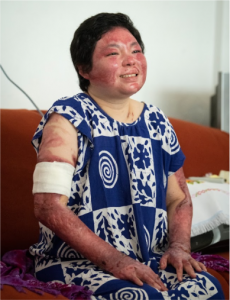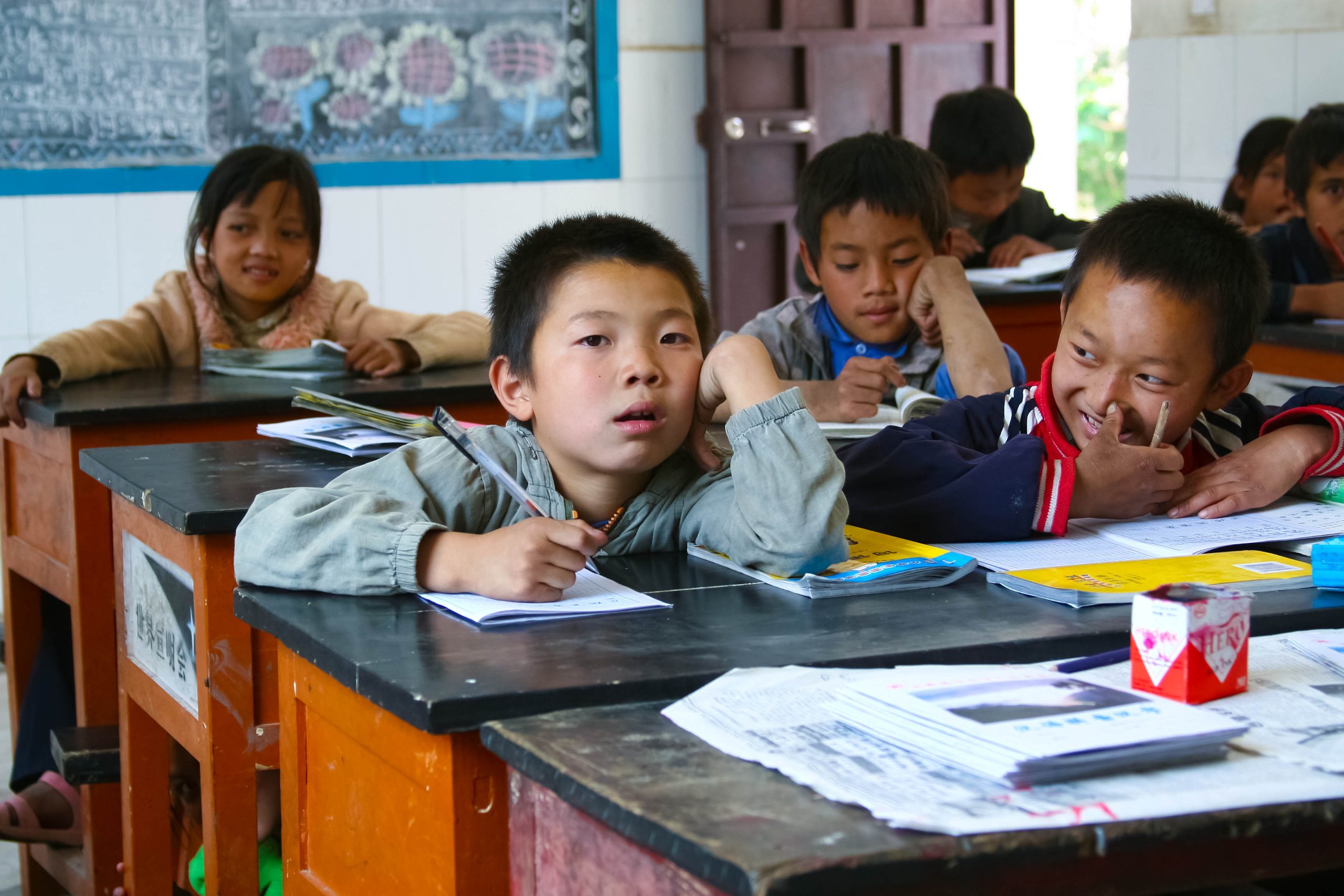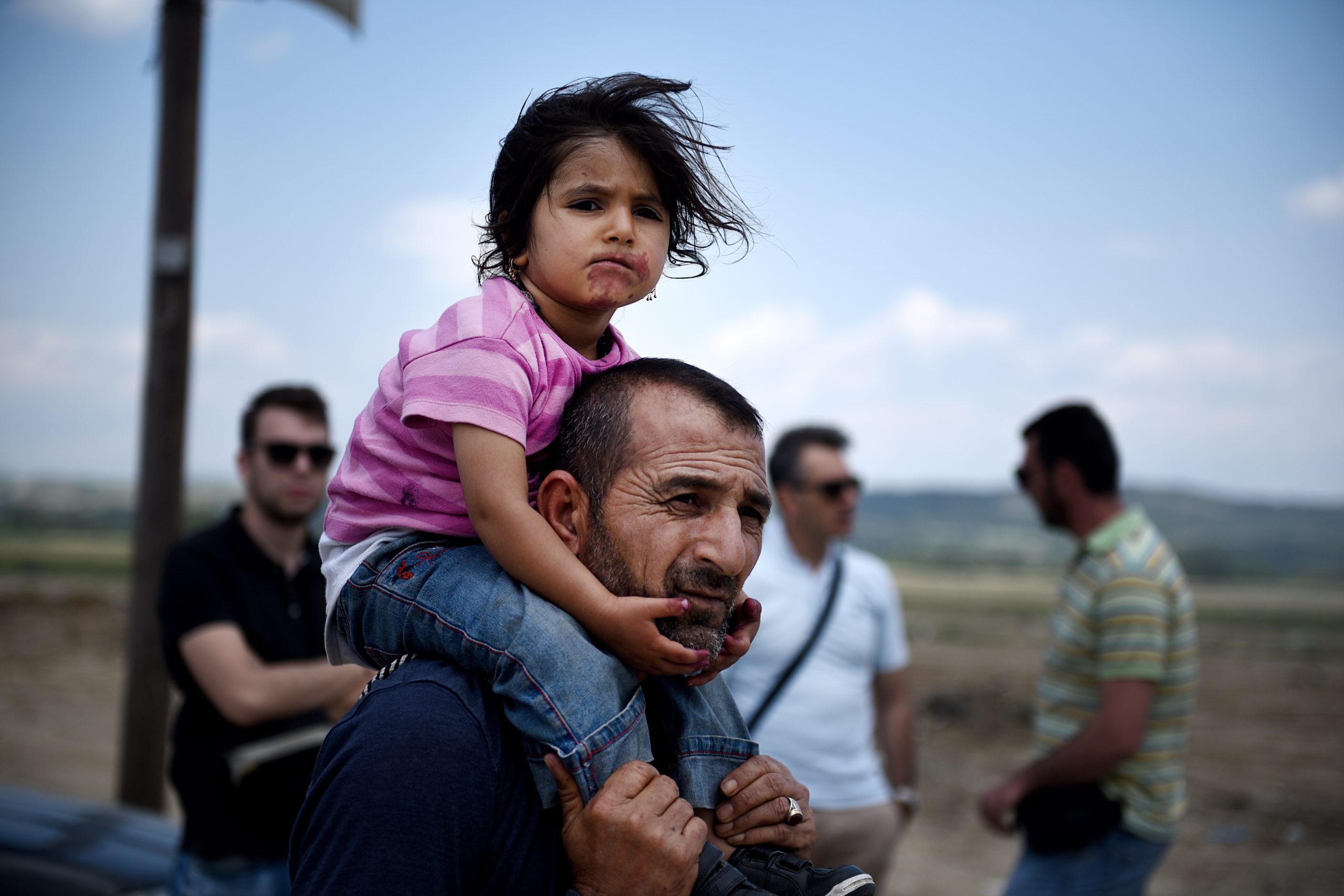“When the bomb went off my whole body felt like it was on fire,” she said. Fenny Suryawati was only five metres away from the explosion that day in May 2018 when suicide bombers targeted her church in Indonesia.
“I was at the front of the church when I heard a vehicle hit the gate. It then exploded three times.”
In fact the vehicle was a minivan packed with explosives. After ramming the gates the van erupted into a ball of fire, igniting the petrol tanks of cars and motorcycles in the car park and causing multiple secondary explosions.
The initial blast killed two people, and the ensuing flames quickly enveloped the front of the church building, along with Fenny, who was on her way to collect her eight-year-old daughter from Sunday school.
Confused and dazed and suffering extensive burns, Fenny cried out for help. She recalls: “One church member doused me with water. My clothing had burned and was sticking to me. Part of my face was blackened by the bomb. My face and head had swollen; my vision was cloudy and I could not hear.”
Because she was so close to the explosion, Fenny’s body was locked into a physical position called ‘the dragonfly’. Her fingers had also been melded together as a result of the heat from the blast.
Despite her injuries, Fenny tried to locate her daughter; to her relief the girl’s injuries were minor in
comparison.
Both of them were taken to hospital where initially Fenny’s survival was uncertain. It was the start of a long journey to recovery that would take months and involve major and extensive treatment. “I had 85% burns and had to have morphine to cope with the pain,” she said. One doctor told her he had never treated someone who survived burns as severe as hers.
In total Fenny received 30 skin grafts as well as surgery to lengthen the space between her fingers. Even after the surgery, it was necessary to undergo radiation treatment to kill off malignant cells that had formed in her body.
As well as the challenge of physical recovery, Fenny had to cope with the impact on her mental health. “I felt depressed because I could not do the normal things, like wash myself, clean the house, or even hold a spoon,” she said.
“I asked God: ‘Why did it happen?’ and ‘When will the suffering be over?'” But at the same time, she drew strength from repeating passages of Scripture to herself.

© Release International
In time, a VOM front-line worker called at her house and began to support her in the days following her release from hospital, helping her to receive ongoing medical treatment and rehabilitation. On top of this, the government provided a level of support to aid her recovery, while separately local Muslims shocked by the attacks on the churches paid her a visit to express their sadness.
In fact on that day, 13 May, suicide bombers from the Islamic State terrorist group murdered 15 people at three Indonesian churches, including 10 from Fenny’s congregation at Surabaya Central Pentecostal Church. Several more were injured.
While the bombing at the Pentecostal church was the most powerful and destructive of those carried out that morning, the carnage could have been much worse. A bomb disposal unit later discovered and defused two additional explosives near the church.
Despite all she has suffered Fenny holds no bitterness towards the attackers. In fact, through a government programme to bring about reconciliation and help survivors to overcome their trauma, she has even met former terrorists who have repented of their actions.
“I did not want revenge because I know God had a plan. I never felt bitterness towards them,” she said. “They said they had been indoctrinated and expressed their sorrow for what they had done. If I did [feel bitter], what use is that?”
She added: “I am thankful to Jesus, the ministries that helped me and those who prayed for me. I am so happy I can do practical day-to-day tasks again – it’s a miracle!”
Fenny has now returned to her previous job and is even back riding a motorbike again – even if slowly. She is grateful to have regained some of the life she had before the attack.
Surabaya Central Pentecostal Church was closed for repairs but has reopened again with a larger, stronger security gate and new protective barrier at the entrance. The pastor encourages members to stay faithful and keep meeting together.
The bombers may have sought to destroy the church but it continues to gather for worship and to love all those living in its neighbourhood. Fenny’s story is testimony to its message of hope.
This article is from our sister mission Release International UK. Written by Tom Hardie.




Submit a Prayer